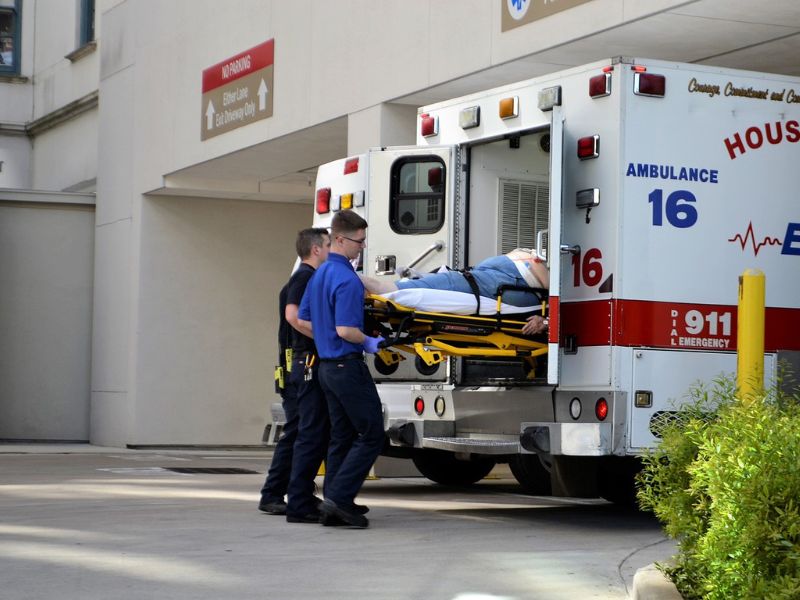
Management of Trauma in First Aid
Advanced Strategies for First Aid
High Fidelity Simulators in Training
Advanced trauma management in first aid has become a priority for improving prehospital care. One of the key innovations is the use of high-fidelity simulators, sophisticated tools that enable medical professionals to simulate emergency scenarios in a realistic manner. These simulators faithfully replicate critical situations, allowing providers to gain hands-on experience without compromising patient safety. Training with high-fidelity simulators has become an essential component in the preparation of emergency responders.
Personalization of Intervention Strategies
Another key tactic in advanced trauma management is the personalization of intervention strategies. Each trauma is unique, and the specific severity and nature of the injury requires a tailored approach. Emergency responders are integrating flexible protocols that allow a response tailored to specific circumstances. This customization ensures optimal treatment, maximizing the effectiveness of prehospital care.
Realistic Practice and Skills Improvement
High-fidelity simulators not only provide realistic practice, but also contribute to the continuous improvement of emergency responders’ skills. Through regular training sessions with advanced simulators, operators gain not only technical skills but also a thorough understanding of the dynamics and critical decisions needed in emergency situations. This hands-on, dynamic approach is crucial to ensuring that operators are prepared to face any trauma scenario with confidence and competence.
Future Implications
Advanced trauma management in first aid is a constantly evolving field, driven by innovations such as high-fidelity simulators and customized strategies. These advanced approaches not only enhance the skills of providers but also contribute significantly to improving patient outcomes. Looking ahead, it is essential to continue to invest in technologies and methodologies that further enhance the preparedness of emergency responders, ensuring timely and effective responses in trauma situations.
Source
- A. Gordon et al., “Simulation in a team-based risk assessment training game for healthcare professionals: A prospective randomised controlled trial,” BMJ Quality & Safety, vol. 26, no. 6, pp. 475-483, 2017.
- Wayne et al., “Simulation-based education improves quality of care during cardiac arrest team responses at an academic teaching hospital: a case–control study,” Chest, vol. 135, no. 5, pp. 1269-1278, 2009.


